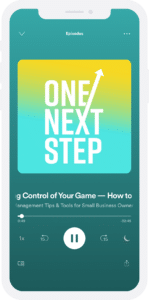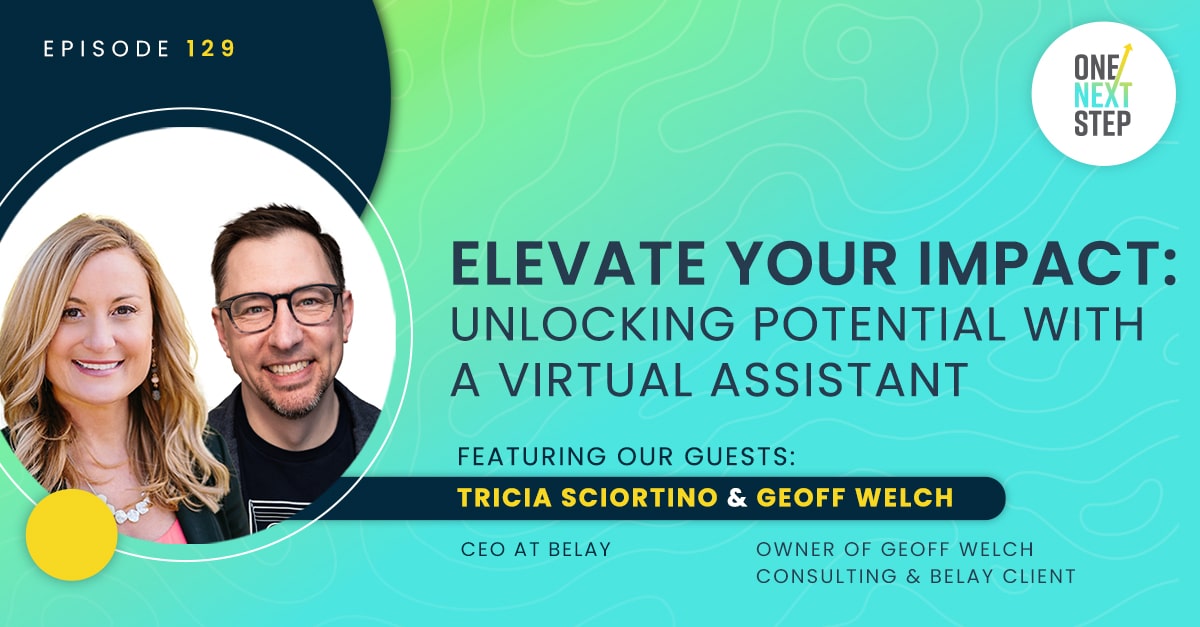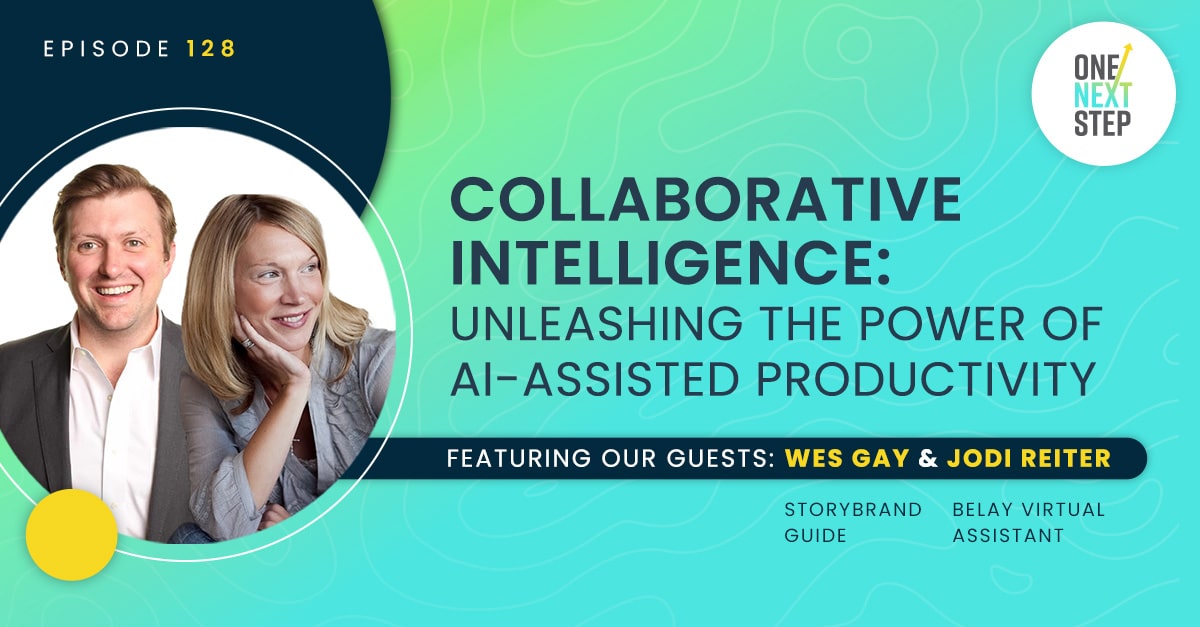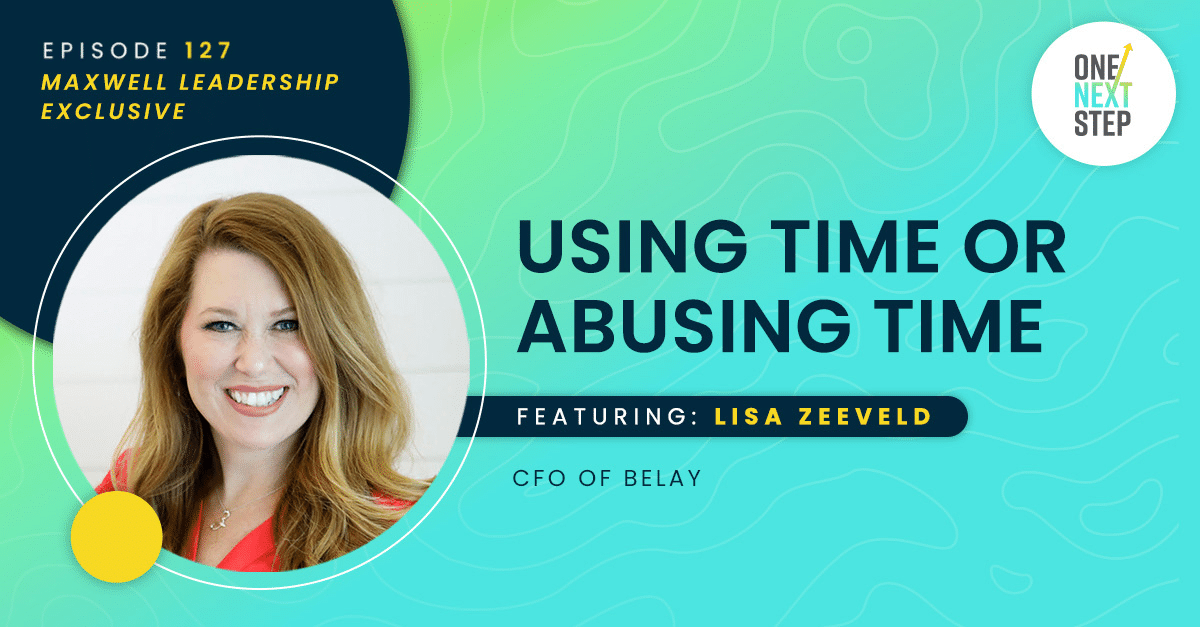1. Failure to plan is a plan to fail.
The most common reason strategic and annual plans fail is organizations are too stuck in the day-to-day work to pause, look ahead, and plan for the future. Leaders also hesitate to plan because they’re waiting until they feel confident about how to do it and what they want in the plan. However, as Michael reminded us in the episode, courage precedes confidence, so leaders must act in spite of fear. Lastly, strategic and annual plans fail because they’re quickly turned into relics as they’re placed on shelves or hidden on hard drives, never to be looked at again.
2. Directions without a destination are worthless.
It’s hard to build a plan for an unknown goal just like it’s hard to specify directions to an unclear destination. This is why Michael tells us that vision is the first and most important part of your strategic plan. Together, your vision and strategy collectively represent what most call a strategic or annual business plan. The vision defines where we’re going, and the strategy articulates how we’ll get there.
Remember, Michael encourages us to go beyond a vision statement to develop a Vision Script so we have the details needed to build a plan. A Vision Script is a three- to five-page written document outlining a clear, inspiring, practical, and attractive picture of your organization’s future, including the four major components of your organization — team, product, marketing, and impact.
3. What gets scheduled gets done.
You won’t develop your vision or strategic plan until you’ve scheduled time on your calendar to do it. Michael personally spends one day per year working on the vision for his company and a week per year working with his team on the strategic plan. Book the appointment, communicate it to your team, ask for any information you’ll need on hand, and maximize your time by reading Michael’s book, The Vision Driven Leader before your vision development session.
4. Turn your long-term vision into daily actions.
If our plans don’t show up in our planners, strategic planning will feel like a waste of time. To develop and activate your vision and strategic plan, Michael recommends taking the following steps:
- Write your Vision Script.
- Conduct a SWOT analysis in light of your vision.
- Define your strategic priorities.
- Turn your strategic priorities into goals for the organization.
- Make one team member responsible for each goal.
- Identify a few next actions associated with each goal.
While these steps will conclude the development of your strategic plan, you’ll now need to align your team to empower them to execute. You can do this by completing a few additional steps, namely communicating the vision to the entire team and transforming annual goals into quarterly goals, weekly priorities, and daily actions.
Michael Hyatt’s, Vision Building Starter Kit is a bundle featuring some of Michael’s best, free resources related to developing your vision, such as:
- The Vision Grader Assessment — a free assessment to determine whether your existing vision can help you grow your organization
- The Vision Church Leader — a free guide by Thom and Art Rainer on creating and communicating a vision for your church
- The first chapter of The Vision Driven Leader, Michael’s recent book on crafting and activating your organization’s vision
With a purchase of Michael’s book, The Vision Driven Leader, you’ll also receive:
- The Clear Vision Cheat Sheet — an exclusive resource for One Next Step listeners and friends of BELAY that will help you get started fast with seven steps to create your vision
- The Vision Scripter — a unique tool that will help you draft your Vision Script in just minutes with coaching videos from Michael Hyatt
- The Vision Sharing Guide — a guide on how to get your team onboard with your vision
- 20/20 Vision Kit — a guide with quotes, tips, and ideas to help you have an unobstructed vision of what’s possible



